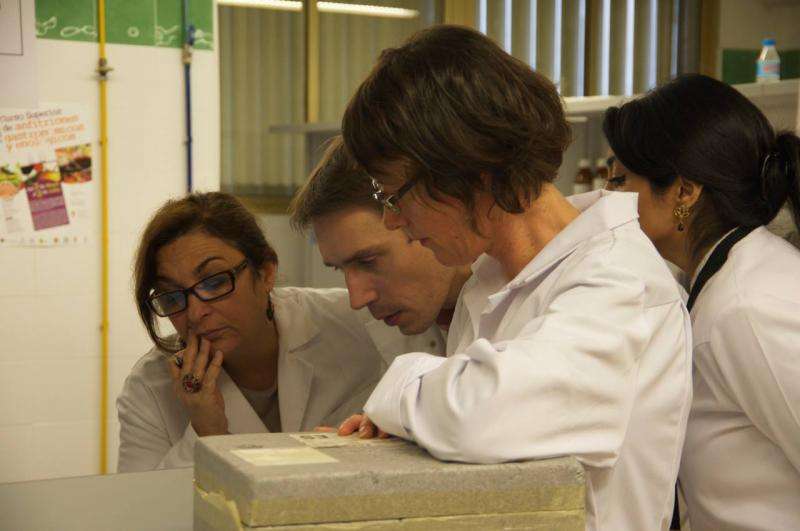
What exactly happens as we digest food and what are the implications for our health? Answering these questions will help design healthier foods that could curb the rising rates of obesity, diabetes and cardiovascular disease.
“The digestive process is something of a black box,” says Dr Didier Dupont, a senior scientist at INRA Agrocampus in France. “We need to know more about the role of food in human health and this means focusing on what happens in the gastrointestinal tract.”
To get a complete picture of how the body breaks down the food we eat, food scientists, nutritionists, physiologists and gastroenterologists came together to form COST Action InfoGest.
One of the big challenges in moving this field forward was the lack of standard methodologies used by scientists . “Before our network was formed, everybody used their own approaches so it was impossible to compare results of experiments conducted by different groups,” Dr Dupont explains.
To overcome this hurdle, the COST Action developed a model that represents a consensus on in vitro digestion models. The model is among the most popular in its field and is widely used in Europe and beyond.
The network also released six videos providing new researchers with step-by-step instructions on how to use the recommended model.
The group then published an open access book – The Impact of Food Bioactives on Health – for researchers interested in studying the health benefits of foods. It explains which assays are most useful in answering certain kinds of research questions, the types of data they generate, and their respective strengths and weaknesses.
The book is a valuable resource for doctors and for undergraduate students, and has the potential to raise and harmonise standards, as well as being catalyst for collaboration.
Through a series of eight workshops, four international conferences and four training schools, the network developed and shared these materials, and cultivated strong links with 55 European food companies working in the field, among which Danone, Fresenius Kabi, Friesland Campina, Lactalis and Unilever.
“Network members continue to collaborate. Several companies who value our contribution are supporting workshops and meetings where we can continue to work on the harmonisation of digestion models,” says Dr Dupont.
Building on the foundation laid by this COST Action, this research area promises to deliver smarter foods dedicated to specific populations.
“Not everyone has the same nutritional needs,” explains Dr Dupont. “By better understanding what’s going in digestion, we hope to be able to develop healthier food which can be adapted to the needs of infants, older people, obese people and even elite athletes.”

